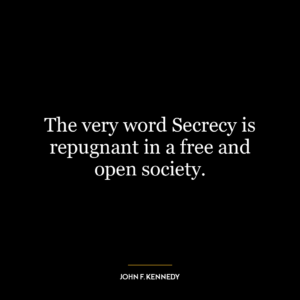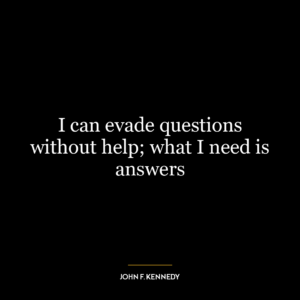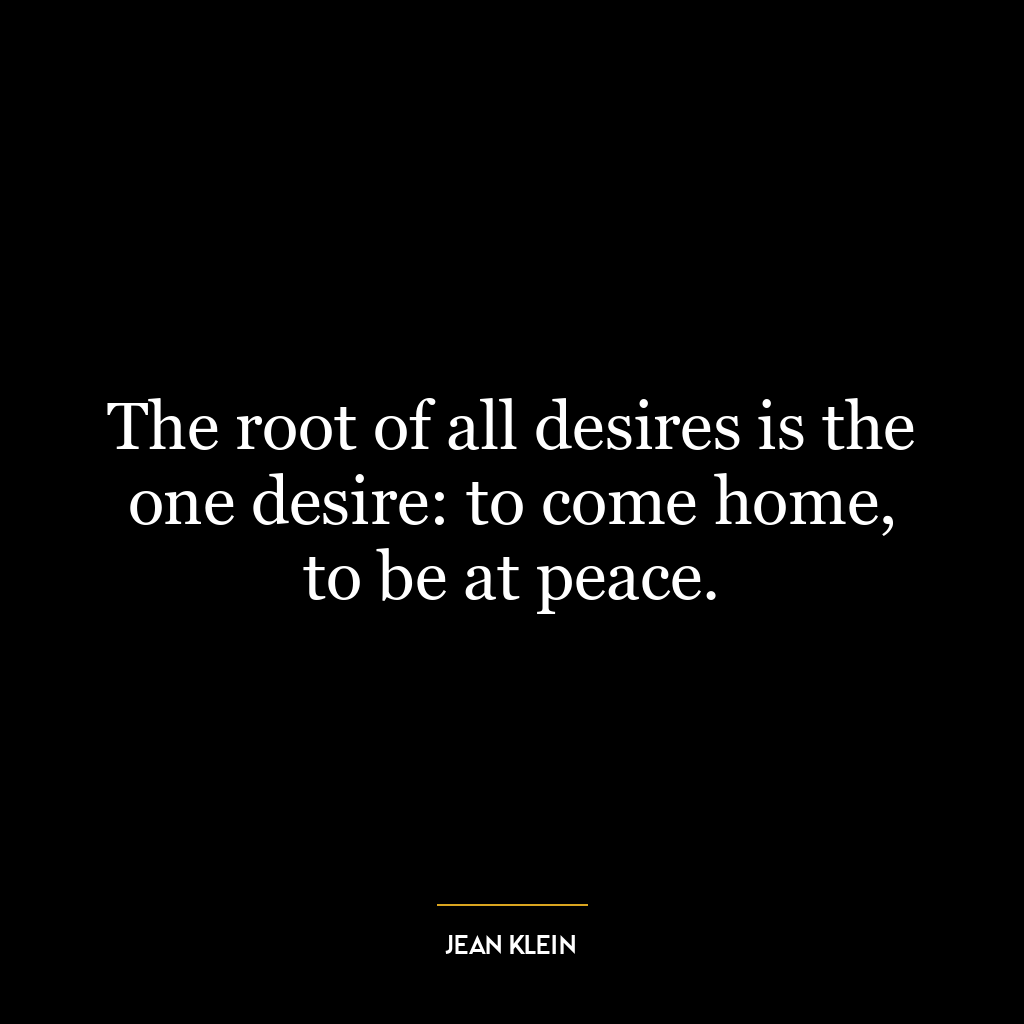Peace does not rest in charters and covenants alone. It lies in the hearts and minds of the people.
This quote suggests that peace is not just about formal agreements or legal documents, such as treaties or contracts, but rather about the attitudes and beliefs of individuals. It underscores the idea that true peace comes from within people’s hearts and minds – their feelings, thoughts, and attitudes. It implies that peace cannot be enforced or imposed through legislation alone; it must be genuinely felt and practiced by individuals.
The concept of peace residing in the hearts and minds of people suggests that peace is a state of mind, a personal choice, and an individual responsibility. It implies that peace begins with each one of us, with our attitudes, our decisions, and our actions. It suggests that we each have the power to contribute to peace by cultivating inner peace, by choosing peaceful responses, and by fostering peaceful relationships.
Applying this idea in today’s world, it could be seen as a call to each one of us to take personal responsibility for peace. It encourages us to look beyond political, legal, or institutional solutions, and to focus on personal, psychological, and spiritual solutions. It invites us to cultivate peace within ourselves, to promote peace within our circles of influence, and to contribute to peace within our societies.
In terms of personal development, this idea could be used as a guiding principle or a personal mission. It could inspire us to develop qualities such as patience, understanding, forgiveness, and compassion, which are essential for inner peace. It could motivate us to practice peaceful communication, peaceful conflict resolution, and peaceful coexistence, which are crucial for relational peace. It could also encourage us to engage in actions that promote social justice, human rights, and environmental sustainability, which are necessary for societal peace.















